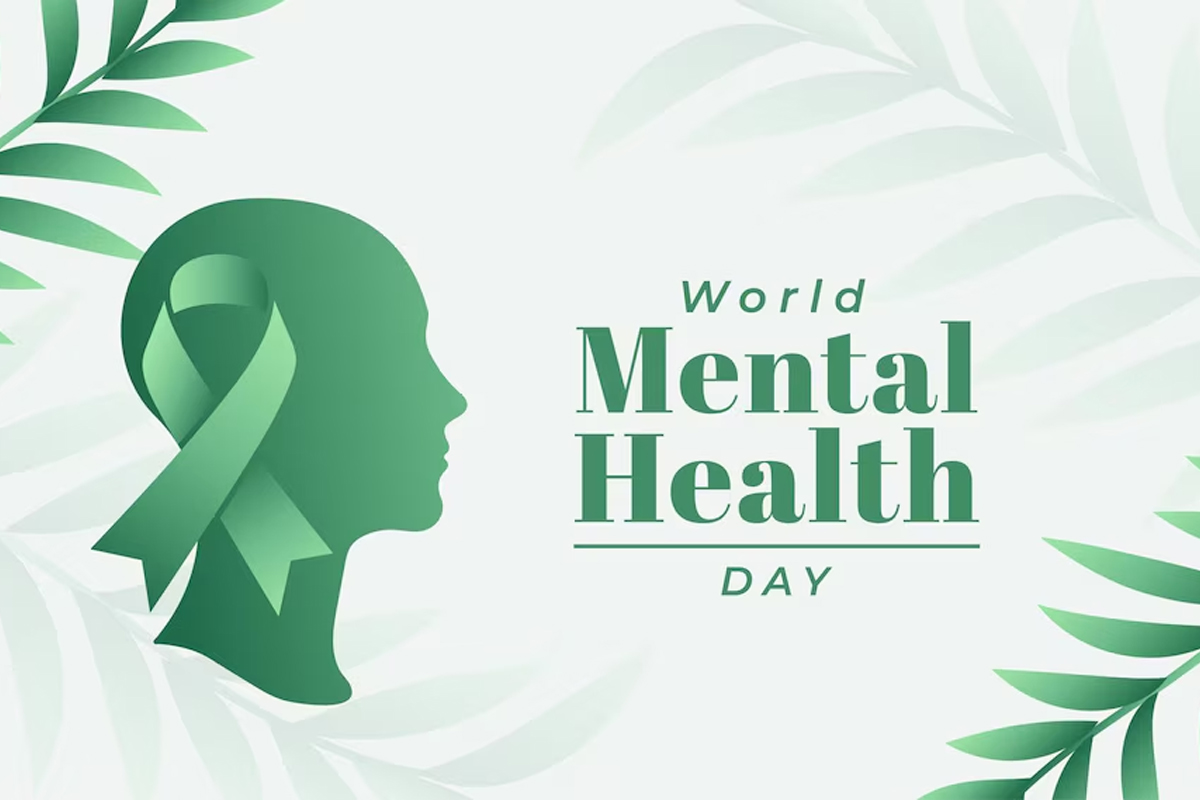Frequently Asked Questions
Find answers to common questions about mental health, wellness, and how to get the support you need.
What is mental health and why is it important?
Mental health refers to our emotional, psychological, and social well-being, affecting how we think, feel, and act. It’s crucial for managing stress, building relationships, and making decisions.
What are common signs of mental health issues?
Common signs include changes in mood, withdrawal from social activities, feeling overwhelmed, trouble sleeping, and difficulty concentrating or maintaining energy.
How can I seek help for a mental health problem?
You can start by talking to a trusted friend, family member, or healthcare provider. Therapists, counselors, and helplines are also available to provide professional support.
What is the difference between a psychiatrist and a psychologist?
Psychiatrists are medical doctors who can prescribe medication, while psychologists specialize in therapy and counseling but usually cannot prescribe medication.
How can I manage stress and anxiety in my daily life?
Regular exercise, mindfulness, adequate sleep, and building strong social connections can help manage stress and anxiety. Professional help is also available if needed.
Can mental health issues be treated?
Yes, many mental health conditions are treatable through a combination of therapy, medication, lifestyle changes, and support from loved ones.
What should I do if I’m worried about a friend or family member’s mental health?
Reach out to them in a supportive and non-judgmental way, listen to their concerns, and encourage them to seek professional help if needed.
What is therapy and how does it work?
Therapy, or counseling, is a process where a trained professional helps individuals address emotional, psychological, or behavioral issues through conversation and various therapeutic techniques.
How do I know if I need therapy?
If you’re feeling overwhelmed, struggling to manage stress, experiencing mood swings, or facing difficulties in your relationships or daily life, therapy can help provide guidance and support.
What are the different types of therapy?
There are various types, including Cognitive Behavioral Therapy (CBT), Psychodynamic Therapy, Dialectical Behavior Therapy (DBT), and more, each tailored to different needs and goals.
How long does therapy typically last?
The duration of therapy varies based on individual needs, the issues being addressed, and the type of therapy. Some people attend therapy for a few months, while others may benefit from longer-term treatment.
What can I expect in my first therapy session?
In your first session, the therapist will likely ask about your background, current challenges, and goals for therapy. It’s also a time to build rapport and discuss any questions or concerns you may have.
Is everything I share in therapy confidential?
Yes, therapy is confidential, meaning what you share stays between you and your therapist, except in situations where there’s a risk of harm to yourself or others, or if required by law.
How do I choose the right therapist for me?
Finding the right therapist involves considering factors like their experience, therapeutic approach, and whether you feel comfortable and supported by them. It’s okay to try a few before settling on one who’s the best fit for your needs.
How can art therapy help with mental health issues?
Art therapy uses creative processes like drawing, painting, or sculpting to help individuals express emotions, reduce stress, and process trauma when words are hard to find.
What role does literature play in mental health and therapy?
Reading and writing literature can provide emotional release, insight, and understanding of personal struggles. Bibliotherapy, for example, uses books to support mental healing and self-awareness.
Can engaging in creative activities improve mental well-being?
Yes, creative activities like painting, writing, and music can reduce anxiety, promote mindfulness, and increase feelings of relaxation and self-expression, improving overall mental health.
What is bibliotherapy and how does it work?
Bibliotherapy involves using books, poetry, or other literary works as therapeutic tools to help people explore emotions, gain new perspectives, and find comfort in shared human experiences.
Can writing or journaling help with mental health?
Yes, expressive writing and journaling can help individuals process emotions, relieve stress, and gain clarity about their thoughts and experiences, making it a valuable tool for mental health.
How does art therapy differ from traditional talk therapy?
While talk therapy relies on verbal communication, art therapy allows people to express feelings and thoughts through creative expression, which can be particularly helpful for those who struggle to articulate emotions.
Is it necessary to be “good” at art or literature to benefit from these therapies?
No, the therapeutic value comes from the process, not the end result. Art and literature therapy focus on self-expression and emotional exploration, not artistic skill or talent.




